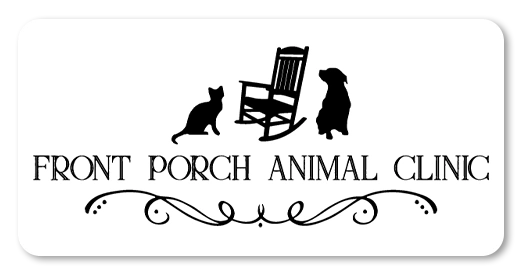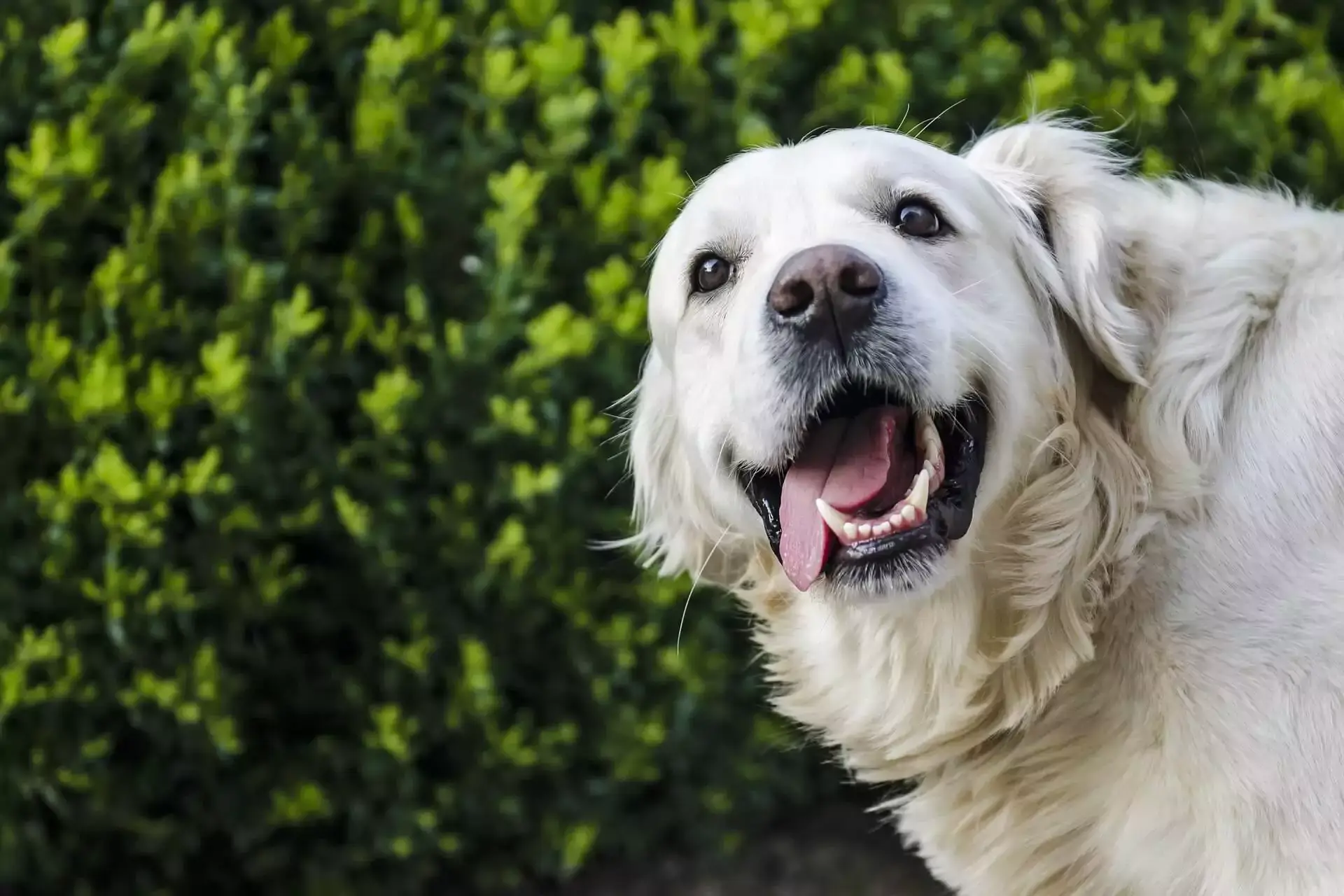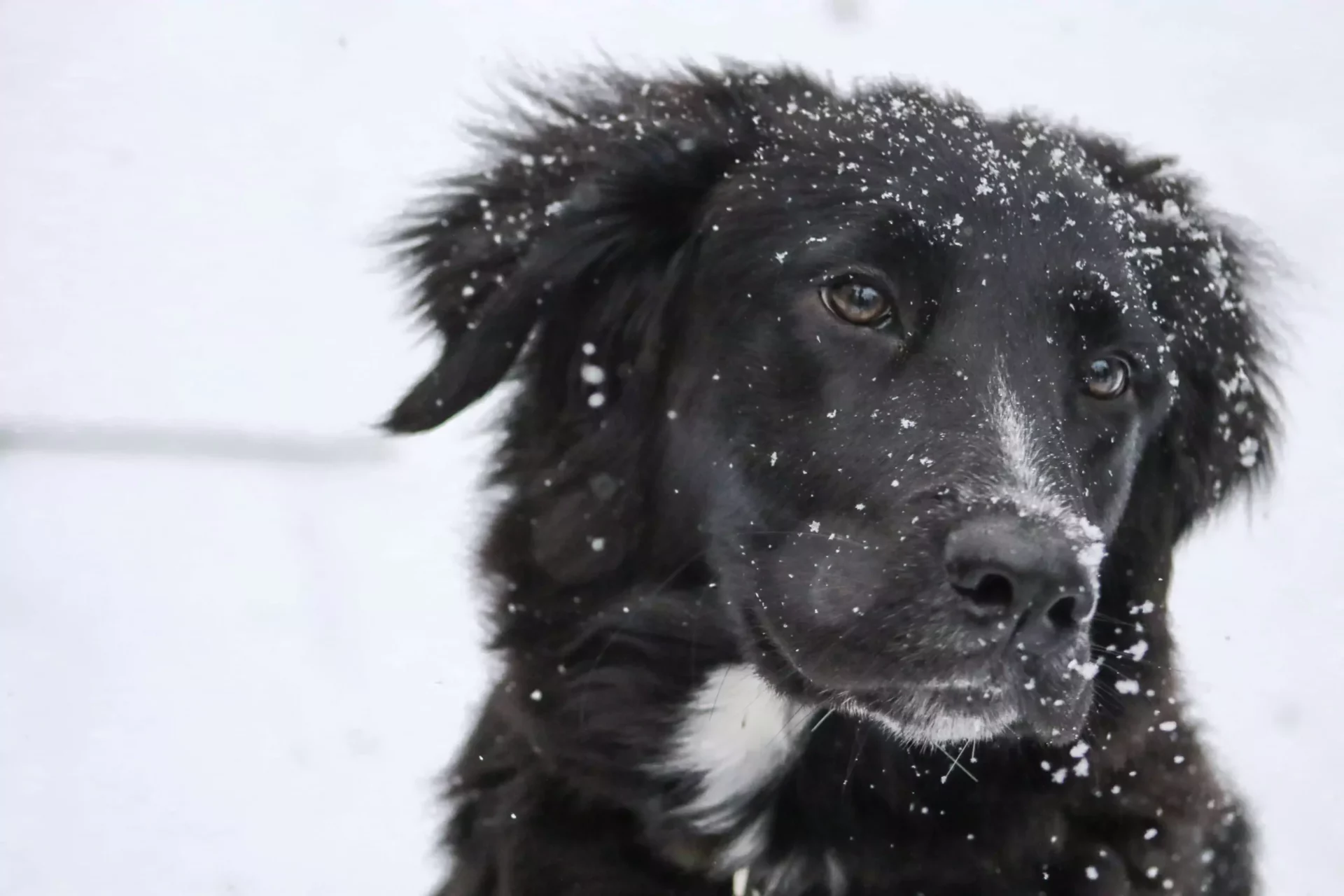If you’ve ever had dental issues, you know that they can be absolutely excruciating. They can also be very dangerous, as infections can spread from the mouth to the vital organs. This is true for both people and pets. Of course, Fido can’t exactly brush his own teeth, and he can’t make himself a dental appointment. It’s up to you to keep those choppers clean and healthy. A local Greeley, CO veterinarian offers some insight on how to do that in this article.
Brushing
Brushing serves the same purpose for Fido as it does for us: it removes plaque and food scraps, which cleans the teeth and reduces tartar formation. You’ll need to get your furry friend onboard with the process. Don’t just immediately try sticking a toothbrush into your pup’s mouth. Start by gently rubbing your dog’s teeth and gums while petting and praising him. Then, you can gradually start to incorporate pet toothpaste and a doggy toothbrush. Needless to say, you should only do this with a calm, friendly pooch that’s very comfortable being handled. Don’t force the issue! If your pet just isn’t having it, move on to other options.
Proper Chew Toys
Did you know that chewing is good for your furry companion’s mouth? It keeps Fido’s jaws strong, stimulates the flow of saliva, and helps clean the remnants of that bacon-flavored dog biscuit away. (For puppies, it also helps soothe teething pain, but that’s another topic.) Just be sure to stick with safe chews. Ask your vet for more information.
Veterinary Exams
Fido should have his teeth checked every year, starting around age one. Of course, you’ll also need to make an appointment if you notice any signs of doggy dental woes. These include drooling, dribbling food, swelling, bleeding gums, bad breath, and visible tartar buildup. Your canine friend may chew on one side of his mouth, take longer eating, and/or start preferring soft foods. You may also notice reduced appetite, crankiness, and reduced interest in playing and chewing.
Water
Water is of course crucial to your canine buddy’s survival. It’s also very important for his dental health! Make sure your four-legged pal always has clean, fresh water.
Doggy Dental Products
There are loads of doggy dental products on the market. These can also be beneficial. Some options include dental flakes, oral rinses, and dental-formula chews, treats, and kibble. Ask your vet for specific recommendations.
Our Advice on 6 Ways To Keep Fido’s Teeth Healthy in 2024
How often should pet owners brush their dog’s teeth?
Pet owners should aim to brush their dog’s teeth daily, as this is the most effective way to remove plaque and prevent tartar buildup. However, if daily brushing is not feasible, brushing at least three times a week can still provide significant dental health benefits. Consistency is key, so it’s important to establish a regular brushing routine and stick to it. When introducing brushing, start slowly and make it a positive experience with plenty of praise and rewards. If a dog refuses to cooperate, consult with a veterinarian for alternative dental care options.
What are the specific ingredients or qualities to look for in dental chews and treats?
When selecting dental chews and treats for dogs, look for products that are specifically designed to promote dental health. Ideal ingredients include enzymes that help break down plaque, such as glucose oxidase and lactoperoxidase, as well as abrasive ingredients like calcium carbonate or silica that physically scrape away tartar. Dental chews should be appropriately sized for your dog’s breed and have a texture that encourages prolonged chewing. Additionally, look for products that are veterinarian-recommended, VOHC (Veterinary Oral Health Council) approved, and made with safe, digestible ingredients to ensure optimal dental benefits without compromising overall health.
What are the signs of dental pain or discomfort in dogs?
Signs of dental pain or discomfort in dogs can be subtle but may include reluctance to eat or chew, especially hard foods, as well as drooling, dropping food from the mouth, or chewing on one side. Dogs may also paw at their face or mouth, exhibit excessive yawning, or have visible swelling around the muzzle. Behavioral changes such as irritability, lethargy, or decreased interest in play can also indicate dental issues. Bad breath, discolored teeth, and red, inflamed gums are more obvious signs of dental problems. If any of these symptoms are observed, it’s essential to consult a veterinarian for proper diagnosis and treatment.
At what age should dogs start receiving professional dental cleanings from a veterinarian?
The age at which dogs should start receiving professional dental cleanings from a veterinarian depends on various factors, including breed, diet, and overall dental health. Generally, it is recommended that dogs have their first professional dental cleaning by the age of one to two years. However, smaller breeds and those prone to dental issues may require earlier intervention. During routine veterinary check-ups, the veterinarian will assess the dog’s dental health and recommend a cleaning schedule based on individual needs. Some dogs may require annual cleanings, while others can maintain good dental health with cleanings every two to three years, in combination with regular at-home dental care.
What are the potential risks and complications associated with poor dental hygiene in dogs?
Poor dental hygiene in dogs can lead to a range of serious health issues beyond just oral discomfort. Periodontal disease, a common consequence of neglected dental care, can cause tooth loss, gum inflammation, and bone deterioration. If left untreated, bacteria from dental infections can enter the bloodstream, potentially causing damage to vital organs such as the heart, liver, and kidneys. Advanced dental issues may also result in chronic pain, affecting a dog’s quality of life and leading to behavioral changes. In severe cases, untreated dental problems can even contribute to life-threatening conditions, emphasizing the importance of regular dental care for dogs.
Please do not hesitate to contact us with questions about your dog’s health or care. As your Greeley, CO animal clinic, we’re here for you!



